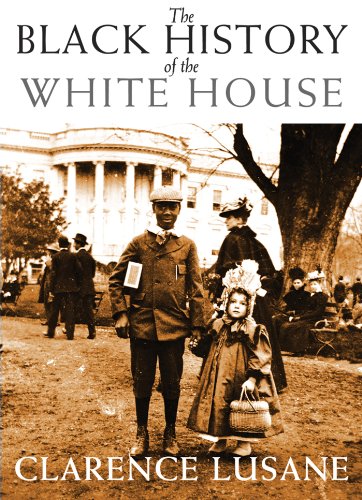I woke up this morning extremely grateful that I didn’t have to go play a church service. My evolving new life is already something I enjoy since it is mostly made up of enjoyable bits I used to do in between earning a living. Eileen continues to plot ways for me to add bookshelves by keeping an eye on local auctions. She is busily organizing and tidying up her various loom sites including an entire room upstairs. We are on our way.
I do have some trepidation about my upcoming eye surgery. The odds are on my side that it will be easy and extremely helpful. But it would be silly not to recognize that in a very small number of cases statistically the results can range from unhelpful to disastrous. I think the large number of unknowns contribute to my slight unease.
I will most certainly have to desist some of my daily exercises like sit-ups and weight lifting. The surgeon told me to do no lifting after surgery. Nothing heavier than a milk carton he said. I also don’t know how quickly I will regain use of my eyes. There are two surgeries scheduled a week apart next Wednesday being the first one.
It seems to me I have heard only good things about this surgery from people who have had it including a quick recovery.
I am trying to knock a few books off my reading list by finishing them. I have discovered that in some of my current reading I am not that far from the end of the book. Last night I finished Dying of Whiteness and A Black History of the White House by Clarence Lusane.

Today I plan to spend some time with Rutherford’s Homer.
![Homer] (By: Richard Rutherford) [published: June, 2013]: Richard Rutherford: Amazon.com: Books](https://images-na.ssl-images-amazon.com/images/I/31AeL158xxL.jpg)
I only have 15 pages left in it. I’m also over halfway through Julius Caesar by Shakespeare. But I don’t have plans to speed that up. Shakespeare is always fun to savor.
I’ve also been dipping into books by Charles Rosen. In addition to his book on the Classical period he wrote a guide to the Beethoven Piano Sonatas. I also listened to a bit of a 2012 lecture by him on YouTube. He died later that same year.
It’s odd reading and listening to a musician of Rosen’s caliber these days. On the one hand he speaks from the upper echelons of the classical music world. In my experience this world rarely condescends to connect with schmucks like me. For example in the video Rosen says that all pianists begin at the age of 3 or 4 or they “fall off.”
Notre Dame did a number on my head since I learned that the profs there fully expected me to flunk out owing to my poor audition. It was probably a typical music department with motherfuckers and very few humans teaching. I didn’t flunk out. I did well. But I left with the feeling that despite having graduated with good grades I was a second or third rate musician. Oh well. Fuck em.
Since then I think I have learned more about myself and see myself and my musicianship with a bit more clarity. But these unhappy people did not help.
The other half of listening to someone as wonderful and informed as Rosen is how unimportant the entire field of classical music seems to be these days. I have watched major newspapers like the New York Times drop coverage of classical music to a minimum with an emphasis on the contemporary and the noise around popular music is very loud these days, loud enough to drown out coverage of non-pop music.
As with so many things in my life I insist on being connected to both worlds in my own way. By classical music standards my abilities may be limited to some keyboard facility and an understanding of theory and composition. By popular music standards I have had a life of very little commercial potential in terms of popular music eventually even hounded off the streets of Holland as a busker for playing my music too loud (It was a Mozart piano sonata, but nevermind).
It’s hard to know how much my wrinkled appearance has had to do with all this. More than I suspected at the time that’s for sure.
I don’t mean to be so negative this morning. I’m not feeling that way. I am feeling grateful. Not only for not having to do church this morning but for being able to access so much wonderful music and so many cool ideas in my reading. Life is good.
I’ll end with a video of a group that blew me away on YouTube. They seem to be playing electric Urhus (The name means two strings) and definitely doing some throat singing. What’s not to like?
